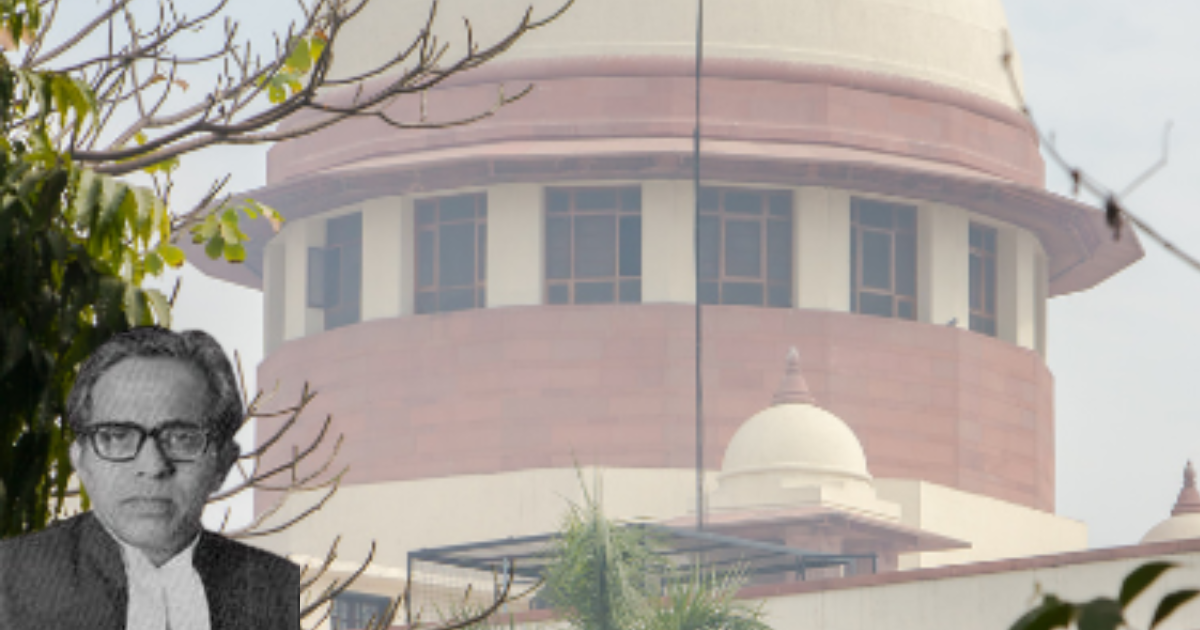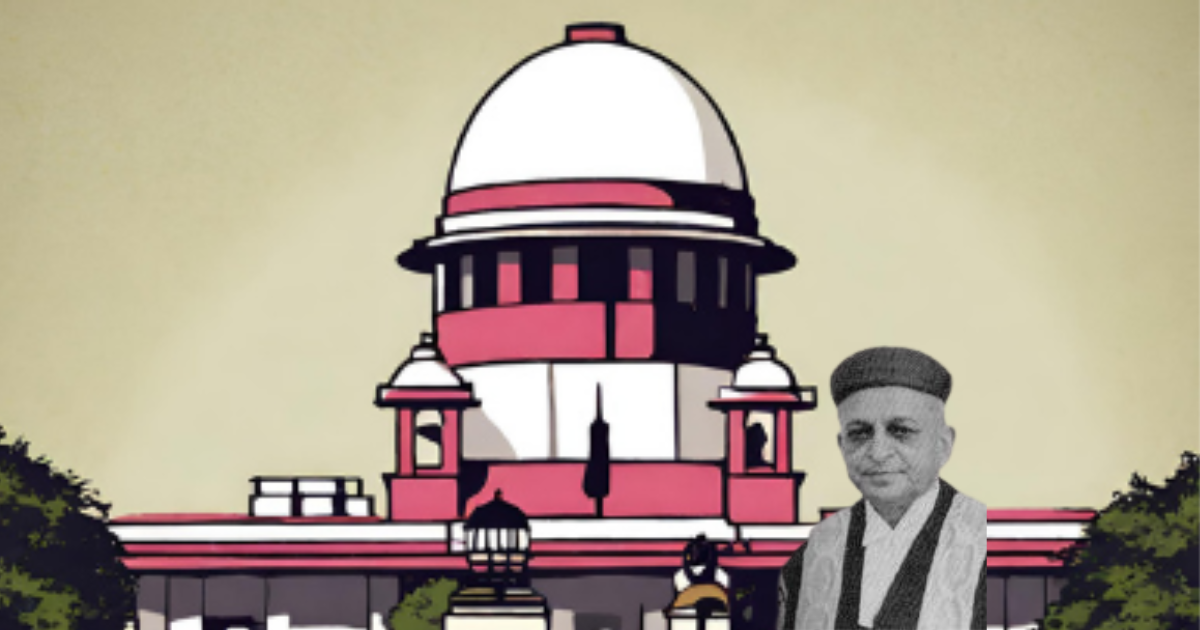In the case of Joseph Shine Vs. Union of India (2018), the narrative was one of challenging societal norms and questioning the constitutionality of an age-old legal provision. This legal saga revolved around Joseph Shine’s determined effort to break free from the shackles of Section 497 of the Indian Penal Code (IPC), a provision that criminalized adultery. The judgment delivered by the Supreme Court of India in this case resonated with the principles of personal liberty, equality, and the evolving dynamics of modern relationships.
The story begins with Joseph Shine, a non-resident Indian, challenging the constitutional validity of Section 497 of the IPC, a provision that dated back to the colonial era. This provision made adultery a criminal offense, specifically targeting men involved in extramarital affairs with the wives of other men without their consent. The archaic law treated women as the property of their husbands, reducing them to passive objects devoid of sexual agency.
Joseph Shine, represented by Senior Advocate Kaleeswaram Raj, embarked on a legal journey to challenge this provision, arguing that it perpetuated gender stereotypes and violated the principles of equality enshrined in the Constitution. The crux of the argument was that the provision treated women as chattel and absolved them of criminal liability, reinforcing patriarchal notions and denying them agency in matters of personal relationships.
The legal team drew inspiration from the landmark judgment in K.S. Puttaswamy (Privacy) Vs. Union of India (2017), which had affirmed the right to privacy as an integral part of the right to life and personal liberty under Article 21 of the Constitution. The argument contended that criminalizing adultery infringed upon the right to privacy and individual autonomy, impinging on the personal choices and freedoms of consenting adults.
The legal analysis in Joseph Shine’s case navigated the constitutional dimensions of personal liberty, equality, and the evolving concept of relationships in contemporary society. The Supreme Court, led by Chief Justice Dipak Misra and a bench of distinguished justices, acknowledged the shifting societal paradigms and the need for a more nuanced approach in the present times.
The main judgment delivered a resounding verdict, striking down Section 497 of the IPC as unconstitutional. Chief Justice Dipak Misra, in his articulate pronouncement, declared that the provision violated the right to equality enshrined in Article 14 of the Constitution. The court observed that treating women as chattel and absolving them of criminal liability perpetuated stereotypes and denied them agency in matters of personal relationships.
The judgment further noted that adultery might be grounds for civil remedies, such as divorce, but criminalizing it infringed upon the autonomy of individuals and invaded their privacy. The court recognized the evolving notions of gender equality and the imperative to discard laws that reinforced discriminatory norms.
In the aftermath of the judgment, Joseph Shine’s case became a catalyst for social discourse, challenging traditional notions of marital fidelity and empowering individuals to make informed choices in their personal lives. The judgment opened a dialogue on the need for progressive legal reforms aligned with contemporary values and aspirations.
Citation: MISCELLANEOUS APPLICATION NO. 2204 OF 2020 IN WRIT PETITION (CRIMINAL) NO. 194 OF 2017
Case Title: JOSEPH SHINE Vs. UNION OF INDIA



